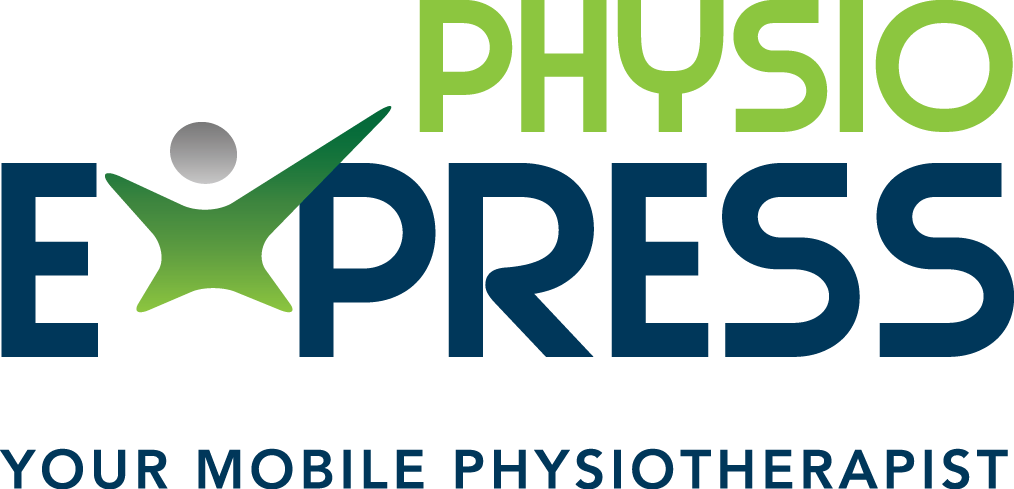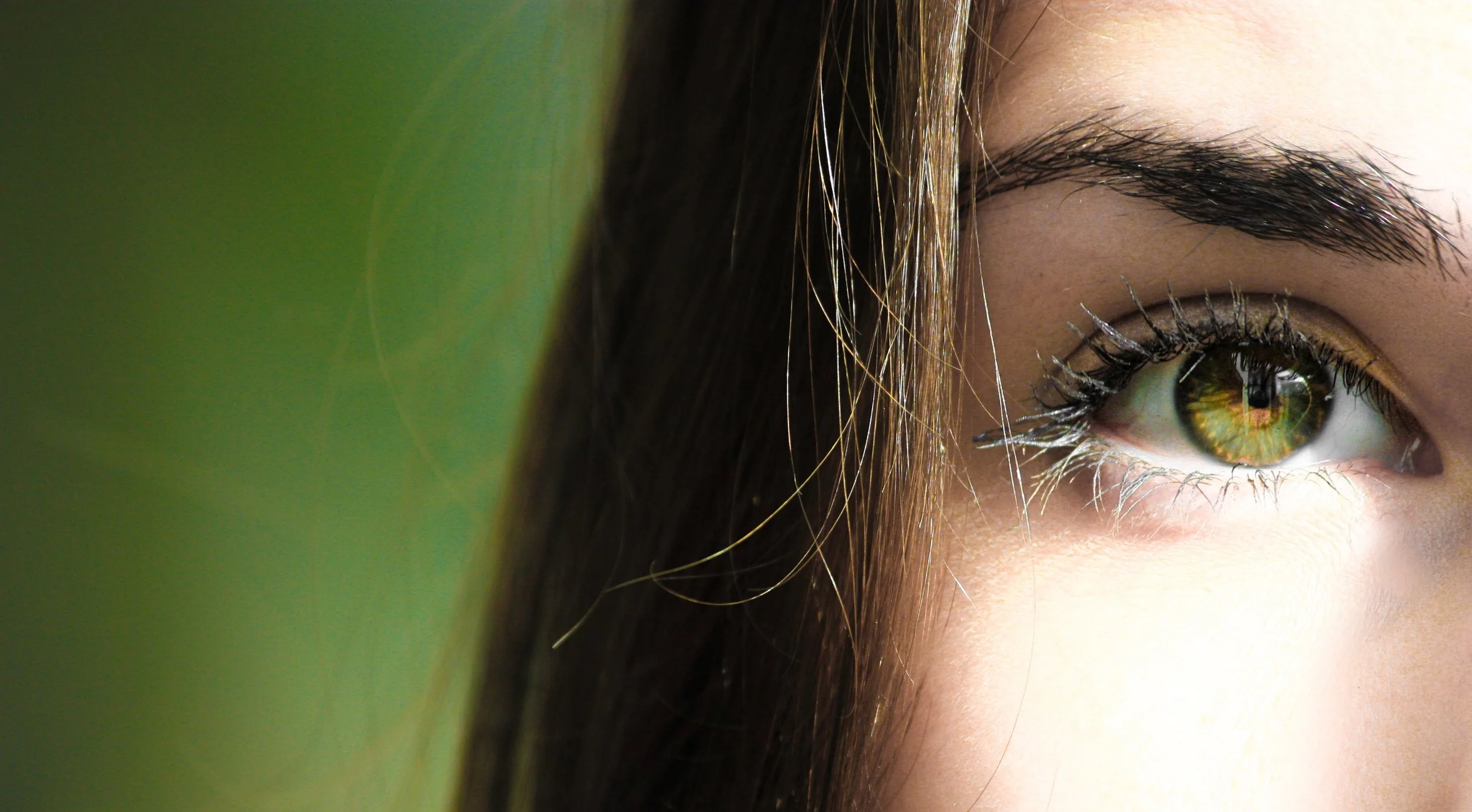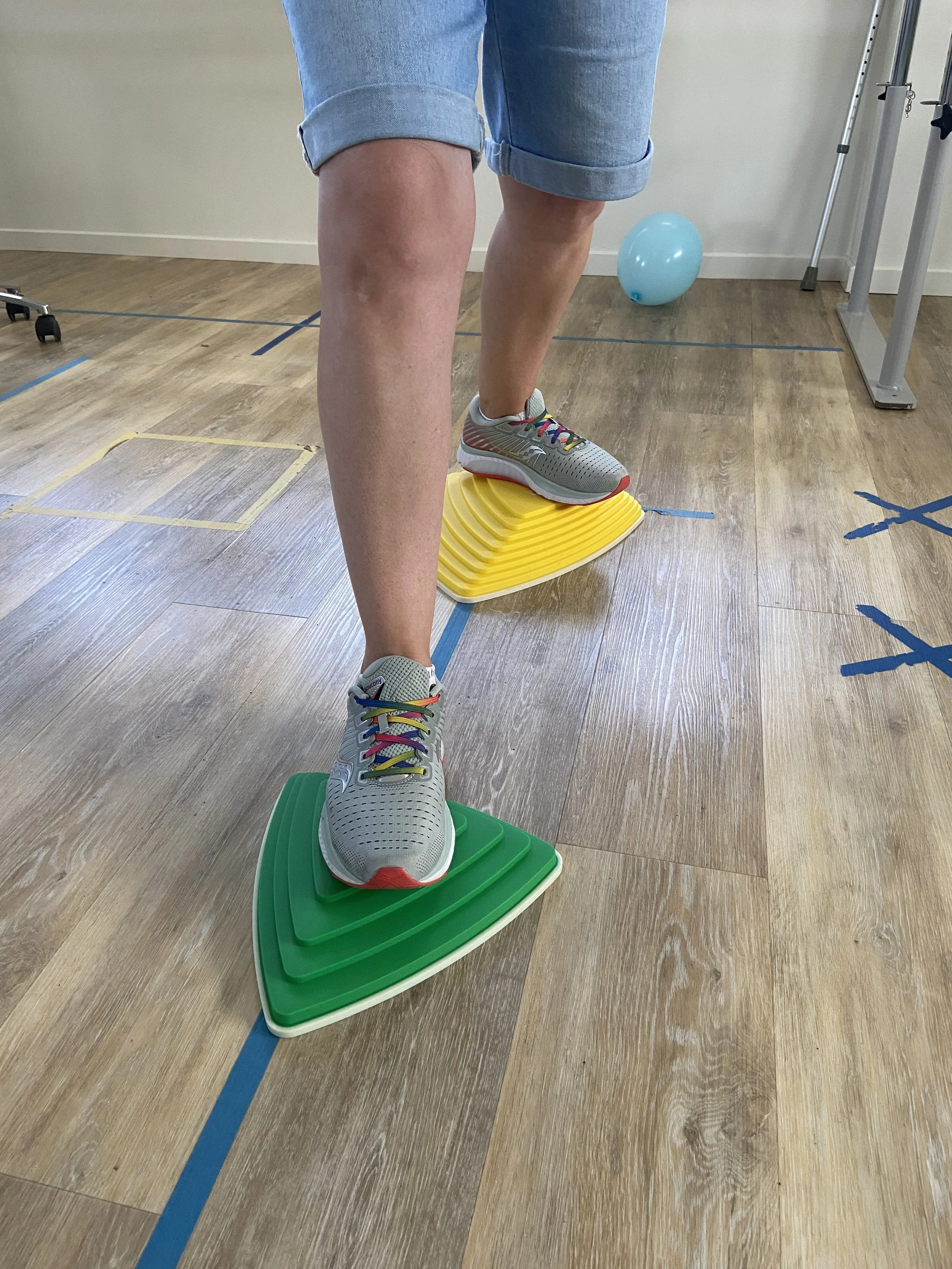Vision... and it's Effects in the Rehabilitation Setting
The Visual Sensory System
The visual sensory system enables you to be aware of colour, light level, contrast, motion and other visual stimuli.
Vision impairments may cause:
Reduced visual acuity = blurred vision
Poor contrast sensitivity = difficulty with differentiating shades, patterns or edges
Visual field impairments = reduced peripheral vision
Due to these visual changes, a person with vision impairments may have difficulty determining the distance of an object, misinterpret the depth of a step or gutter and may have reduced spatial awareness (knowing where your body is in space). This may lead to tripping over objects, missing a step or bumping into doorways.
Vision also plays a significant role in balance. Multiple studies have shown that vision impairment is a risk factor for falls. It has been indicated that 75% of vision impairment in patients admitted to hospital after a fall is correctable by spectacles or cataract surgery.
Many of our client's experience vision impairments and we are very aware of the implications that reduced vision has on a persons' physical function. A physiotherapist can work with people with visual problems to enhance available vision or to use compensatory strategies that use other connections such as the vestibular or somatosensory systems to help a persons physical functioning. A program might include static and dynamic balance, walking retraining, and/or compensation strategies such as practicing room scanning, gaze following, or target tracking training to assist with your mobility. Our physiotherapists can adapt and individualise your rehabilitation program to suit your needs. If you would like to enquire about how your vision impacts your physical function, please feel free to contact Neuro Junction.


